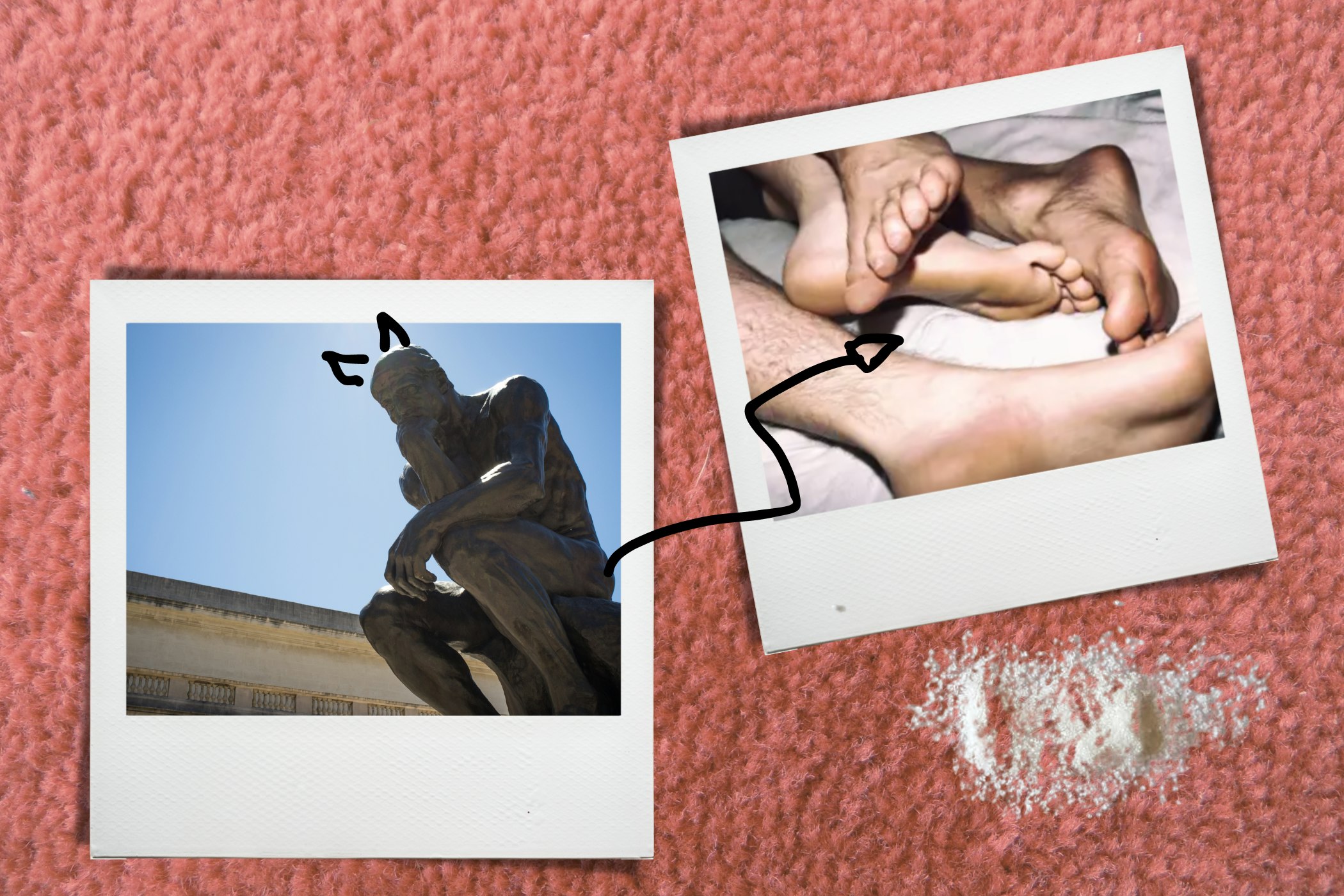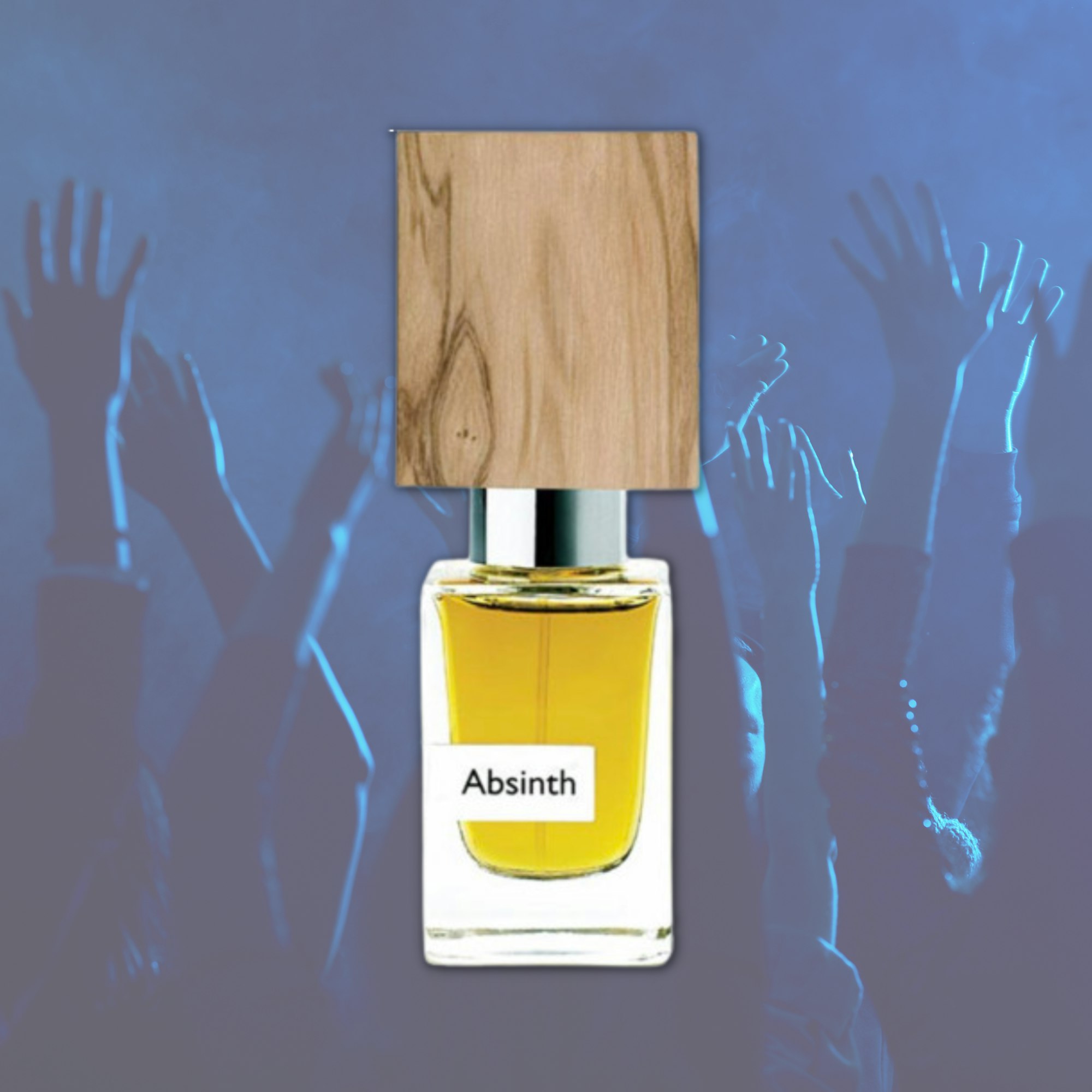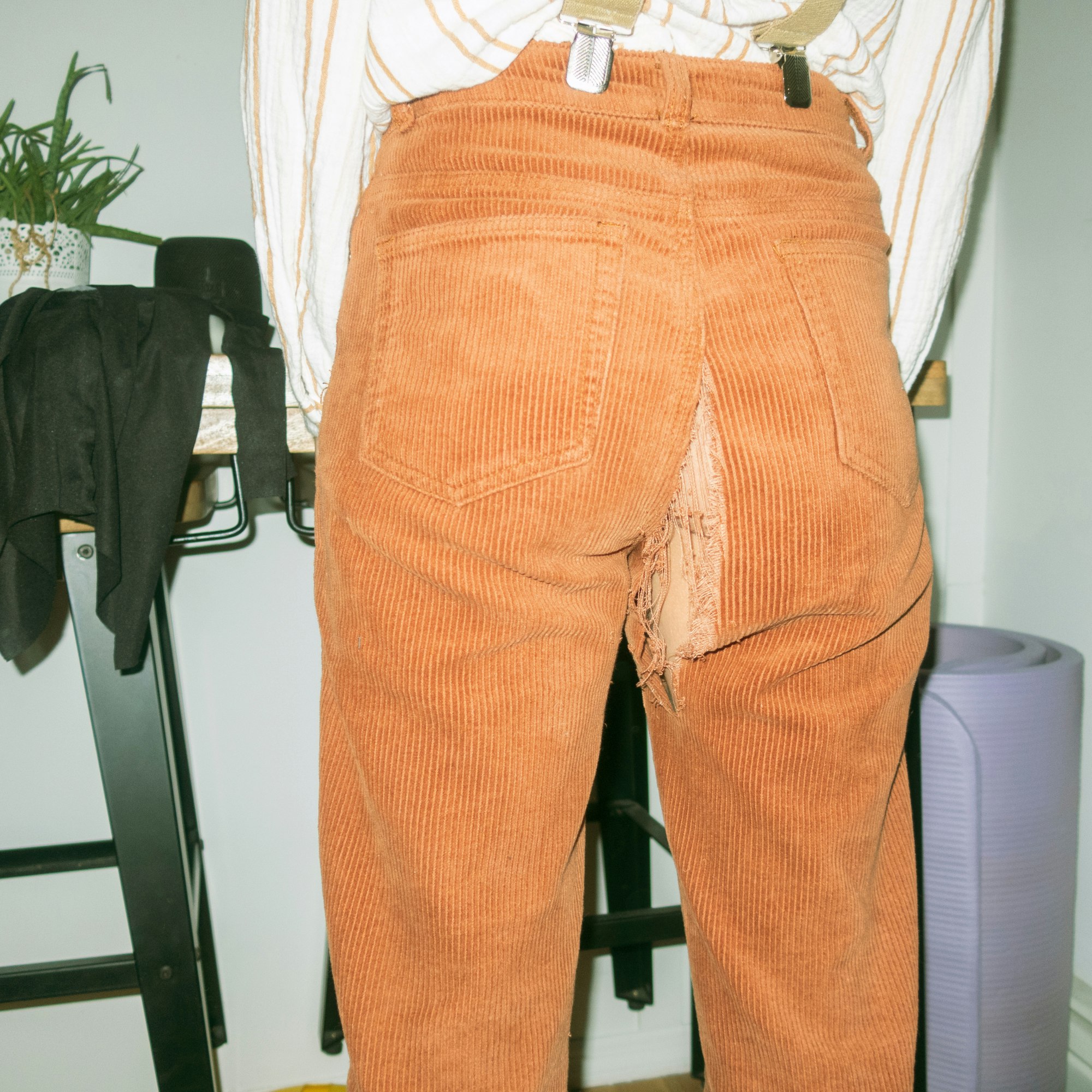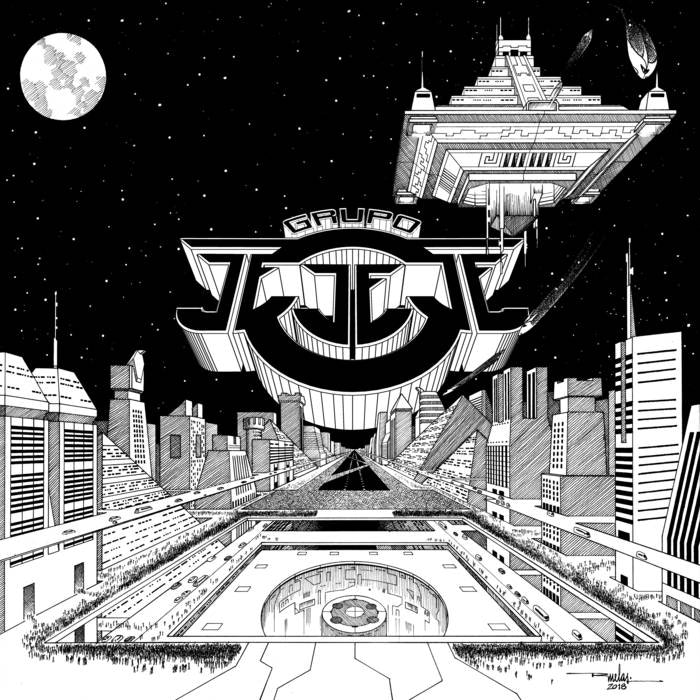We were at The Gates of Hell, me and Marco and Ivan, and it had been raining hard since the early afternoon. Technically the bar was at the southern-most point of Sunset Park, but spiritually, it was the beginning of Bay Ridge. Old Brooklyn Irish types, retired cops and firefighters sitting beneath flags of the counties and provinces and Guinness posters. At that time of night there were a few neighbourhood drinkers, a group of roofers who knew they wouldn’t have to work tomorrow, and us. It was a Wednesday night, I think.
Ivan, a trader, had missed out on a big bonus and wanted to tell us how it was bullshit and not his fault over six or seven pints in a place where he’d never run into anyone he knew, Marco’s husband was on business in Orlando and I was on deadline. We’d all had a tiny bit of ketamine from Marco’s wallet and we were playing pool with the roofers, who were doing bumps of coke directly at the table, confident that turning their broad backs to the bar was enough to escape scrutiny.
It was Marco and Ivan’s turn on the table so I went outside to smoke a couple of cigarettes and look at my phone, taking cover from the rain in what was left of the shed the bar had put up at the start of the pandemic. The back-to-back cigarettes were making me feel higher than I wanted, so I went back inside to get a round. And a water. The bartender was gone, and so was Marco.
I leaned against the bar, resisting the urge to get my phone out again. After waiting some more, I sat down on a stool. There was a woman to my right, wearing thick-rimmed arty glasses and drinking a glass of white wine, scrolling through Facebook.
Has he gone to change the keg, I asked, as if she were in charge. She gave me a knowing look. He’s gone out the back, she said. There’s a whole bunch of rooms out the back.
I’d been to this bar before, it wasn’t far from my apartment, and it’s true you could sense there were unseen rooms at this bar, rooms that were open to some but not others.
I’m Max, I said. I like your glasses.
I like your accent, she said. I’m not going to try and guess where it’s from, though.
I smiled, and we fell silent. The crack of cue against ball rang out from the back of the bar. The bartender’s absence yawned between us.
It’s true you could sense there were unseen rooms at this bar, rooms that were open to some but not others.
Then she put down her phone and told me that she’d been out to the back rooms one time herself, with a bartender. Not this one, a different one, many years ago, decades ago even, just after 9/11. The bar had been a kind of command centre, well, more like a haven, a living room that wasn’t your own living room, somewhere you could go when you didn’t want to go home. It was open round the clock, even though that was against the law, because so many of the cops and firefighters that got caught up in what happened used to come in here. For months after, lots of folks from the neighbourhood were involved, securing Ground Zero, and taking the rubble over to Staten Island and sifting through it. She’d got a job for an insurance firm assessing claims about the artworks and private property destroyed in the towers. All this while they were still looking for people. That’s how she became a regular.
And so, one night, late, just like tonight, she’d been drinking and the crowd thinned out but she’d been flirting with the bartender, who was Irish—from Ireland. She waited until it was just the two of them. He knew what was going on, he told her he had to close up and then they could go back to hers. But she was married at the time—obviously it wasn’t going well, and she wasn’t married to that guy anymore, but all the same, she couldn’t exactly take a bartender home. Which is when he told her that there were other rooms in the bar.
She leaned over and kissed him, which was awkward because of the height difference, then he came and took her by the hand, led her downstairs and through a corridor until they were in a room that smelled warm and musty. Smells like potatoes, she remembers he said. So they were going at it, as best they could, but the darkness was so total that they kept clashing teeth, knocking heads. She had her back up against something cold and metallic. It got to be too much: she was drunk, she was laughing, it wasn’t really working. She told him to turn on a light. Which is when she saw what she was leaning against. The room was bare, except for something about six feet tall, draped in a lurid pink and white striped drop sheet. He looked at her like she’d seen something she shouldn’t have. She became aware of him standing between her and the door. What is that, she asked.
He didn’t say anything, but he pulled off the sheet.
It was a huge lump of bronze, blasted and burnt, a bit misshapen, but she recognised it immediately. It was famous. A bodybuilder taking a shit, she said. The thinking man.
The Thinker, I said? The Rodin?
That’s the one, she said. I looked around the bar, wondering if I’d taken more ketamine than I thought.
It was a huge lump of bronze, blasted and burnt, a bit misshapen, but she recognised it immediately. It was famous.
Is it still there, I said, finally.
Only one way to find out, she said, a lilt in her voice.
We climbed down the stairs, past other doors with padlocks on them, and as we got nearer I thought I could hear Marco, whispering in Dutch.
This is it, she said. She opened the door. She turned on the light.
There was no Rodin, no lump of bronze. But lying on the floor, on a striped drop sheet, still mostly clothed, was the bartender and Marco, a thin white strip of exposed skin where his wedding ring should have been.
by Samuel Rutter
Want the full Nightlife Review series by Dirt & Elsewhere?
It's free, and by signing up below you'll get all digital dispatches, free entry to the launch party, and first access to the printed zine.



